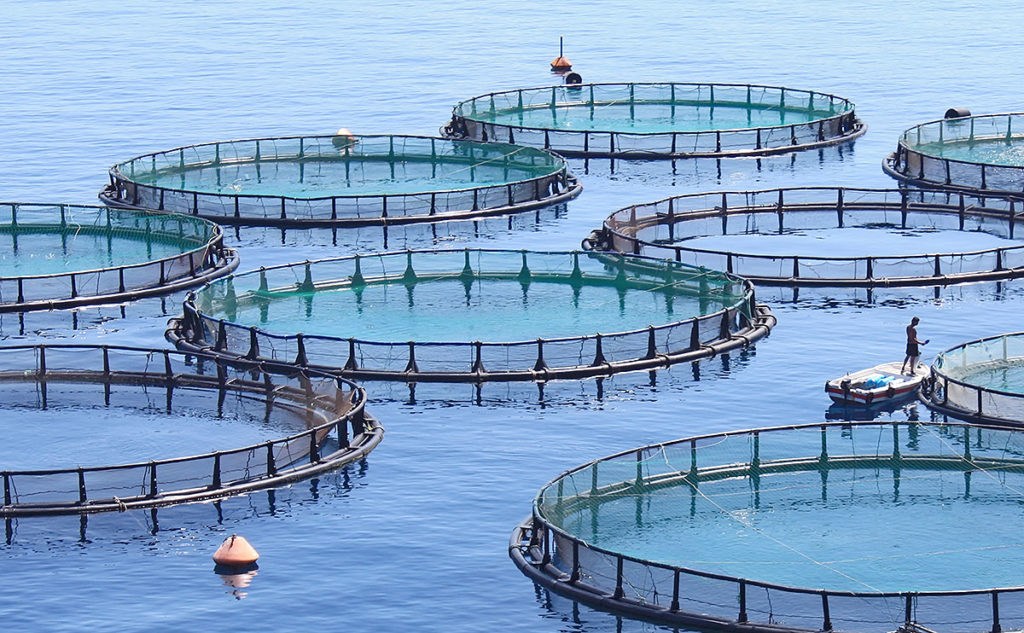Researchers from the universities of Antwerp and Ghent, together with private company SEMiLLA IPStar, have developed a method of using bacteria to extract protein from brewery wastewater to make food for animals or fish.
The technique uses so-called purple bacteria, which take their energy from sunlight, and are named for the pigments which perform that function in the organism, researcher Dr Abbas Alloul of UAntwerp told The Brussels Times.
The experiment introduced the bacteria to the wastewater resulting from the brewing of beer, chosen because it is cleaner that wastewater from other industrial processes, and contains nutrients the bacteria can feed on.
“When these bacteria are grown in wastewater, they can contain up to 70% protein. This makes them extremely interesting as an alternative feed ingredient. And purple bacteria also contain vitamins and antioxidants,” he said.
The project set up in the brewery of La Trappe, a Trappist ale brewed in North Brabant province in the Netherlands. But the process does not require the brewery to be run by monks, as the Trappist rules insist, Dr Alloul explained. Any brewery would be able to provide the same conditions.
The two universities have also carried out tests to see if the protein produced by the bacteria is a suitable substitute for other forms of protein used as feed in agriculture and fish-farming – and it is.
“Our tests with purple bacteria showed that shrimp grew faster on microbial protein than on the standard feed,” said Dr Alloul.
“In a 100-litre reactor, we're achieving a protein productivity of 120 tonnes per hectare per year. That’s very efficient compared to soybean farming, which only yields 1.5 tonnes of protein per hectare per year,” said Dr Alloul.
The prospect of a source of protein produced from sunlight and wastewater is an enticing one from many angles.
The animal feed industry requires huge quantities of protein every year to make animals grow faster and increase profits.
“However these sources of protein put a lot of pressure on the environment,” said Siegfried Vlaeminck, professor of environmental technology in the Department of Bioscience Engineering at UAntwerp.
“The Amazon forest is being cut down to free up farmland to grow crops such as soybeans.”
And the EU is hugely dependent on imports of soybean meal and fish meal for animal feed – 60% and 40% respectively is imported. As a result, the EU has introduced its Farm to Fork Strategy, aiming at finding alternative sources of protein, including insects, plants and now bacteria.
Alan Hope
The Brussels Times

